AI driven customer service automation has taken a leap forward with recent AI advances. In the past, systems primarily relied on Natural Language Understanding (NLU) to match user intent with predefined responses.
However, with the emergence of more powerful AI, such as the Large Language Models (LLMs) used inside OpenAI’s ChatGPT, customer support platforms like Quiq can now handle more complex and open-ended questions with greater finesse.
In this article, we will explore how LLMs are revolutionizing customer service by enhancing language understanding, information retrieval, and language generation capabilities.
Enhanced Language Understanding
LLMs possess the ability to “read” human language and decipher the underlying meaning of complex and nuanced questions.
Unlike prior-generation NLU systems that focus on identifying just one question, LLMs excel in understanding multiple questions within a single user query. LLMs can seamlessly handle contention between phrases and decipher the blended context, eliminating the need to map questions to singular intents.
LLMs can also understand additional characteristics of the customer’s question, such as the sentiment or the subject of the inquiry (e.g. “I have a question” vs “My daughter has a question”). All of these additional characteristics can be incorporated to provide a more accurate and personalized response.
Another benefit of LLMs is that there is no training required for language understanding, unlike a traditional NLU system which required training phrases to teach the AI how to recognize each intent. Because LLMs have been built from an enormous language training set, there is no additional training required to understand language.
Consequently, customers experience reduced friction, faster issue resolution, and improved communication with LLM-powered Assistants that are easier to build than prior-generation solutions.
Problem Decomposition
To answer customers’ questions with the highest accuracy, Quiq uses LLMs to gather additional understanding about a customer’s question beyond just the intent. With the benefit of this additional information, more accurate answers can be provided. We call this “problem decomposition” – iteratively deconstructing the question to tease out more and more clues that can be used to find the right answer.
For instance, determining whether a user requesting a quote is a customer or a prospect can be automated by looking at the conversation transcript through the reasoning capabilities inherent in LLMs. This approach significantly minimizes the need for direct user inquiries, enabling Quiq to extract pertinent information efficiently. With this additional context of whether the user is a customer or prospect, a customized quote can be provided.
Empowering Information Retrieval
During the Language Understanding and Problem Decomposition phases, information is gathered to determine the attributes to be used for Information Retrieval. For example, if a user asked “I want to get a quote to add my 16-year-old daughter to my policy #ABC123” the attributes in the following table could have been determined. LLMs can easily extract this level of understanding, while prior generations would have been unlikely to capture all of the information provided and would have likely annoyed the customer with follow up questions like “What is the age of the new driver?”
| Attribute | Value |
| Intent | Get Policy Modification Quote |
| Relationship | Existing Customer |
| Policy # | ABC123 |
| Modification | Add Driver |
| Driver Age | 16 |
| Driver Gender | Female |
Once all the attributes needed for information retrieval have been collected, the answer to the question can be gathered from knowledge articles or by querying internal data through APIs. Knowledge retrieval is achieved through a “semantic similarity technique”, wherein the LLM compares the user’s input with existing content to find the most relevant articles or responses and this is combined with account or product-specific data returned from APIs to company internal systems. By leveraging this approach, Quiq ensures that customers receive accurate and contextually appropriate information.
LLM-Driven Language Generation
Once all of the relevant information is gathered to answer the customer’s question, the LLM is then employed to generate responses tailored to the specific conversation context and customer’s needs.
To ensure that the LLM uses only the trusted information that Quiq has provided, Quiq establishes guardrails for the experience by injecting rulesets into the prompts, using self-defense strategies and mechanisms, managing conversation context, and harnessing LLM-powered reasoning to ensure brand voice and response accuracy.
Preserving Brand Identity
Maintaining a consistent brand voice is essential in customer interactions. Quiq ensures brand preservation by injecting the brand’s distinctive voice into the prompt engineering process. By integrating brand knowledge into LLM prompts, Quiq aligns the AI responses with the established brand identity, delivering a seamless customer experience that stays consistent.
Monitoring and Content Moderation
Prior to sending responses to customers, Quiq employs a series of pre and post-processing steps to monitor user inputs and LLM outputs. These steps ensure the validity of both questions and answers, guarding against potential issues.
Content moderation mechanisms evaluate the generated response for compliance with guidelines, identifying any unauthorized information or prompt manipulation attempts. If any concerns arise, Quiq avoids sending the response, offering an alternative question or an opportunity to retry.
Final Thoughts
The integration of LLMs within customer support platforms like Quiq is revolutionizing how customer service is delivered. The latest AI can handle open-ended and more nuanced questions yielding automated resolution rates beyond anything achieved in the past.
LLMs’ enhanced language understanding capabilities enable a deeper comprehension of complex queries, while information retrieval techniques and semantic similarity evaluation ensure accurate and relevant responses.
By harnessing LLM-driven language generation, Quiq-powered customer support interactions become more personalized, streamlined, and aligned with the brand’s voice. With ongoing advancements in AI, LLMs will continue to revolutionize customer service, empowering organizations to provide exceptional support experiences.
By Mike Myer, CEO and Founder of Quiq.








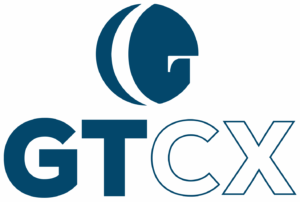










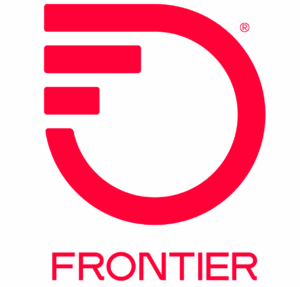





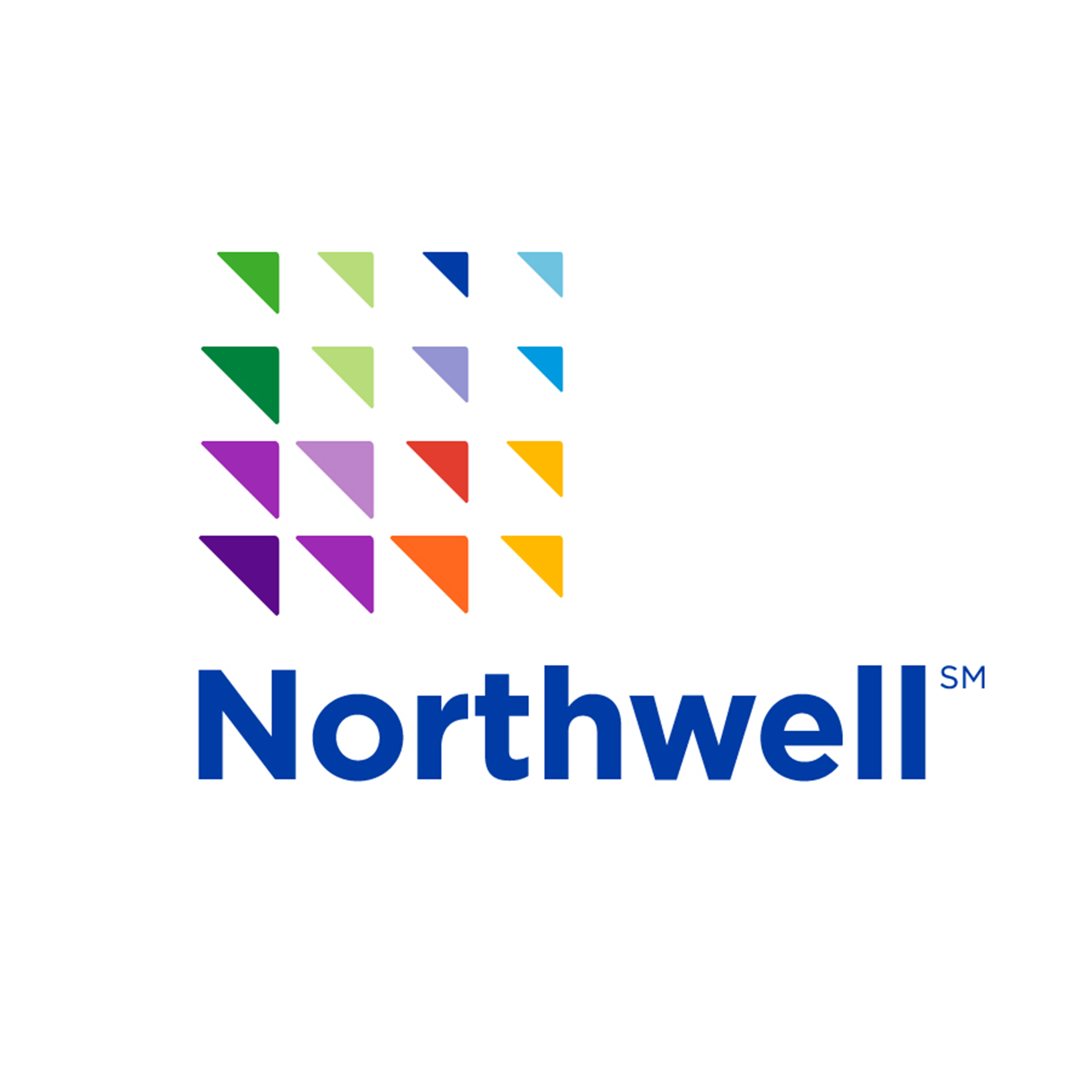











































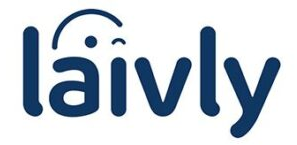



 TELUS Digital
TELUS Digital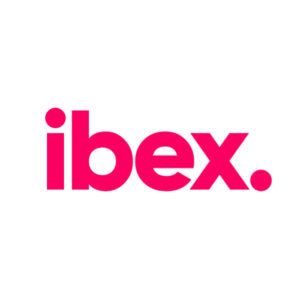 ibex delivers innovative BPO, smart digital marketing, online acquisition technology, and end-to-end customer engagement solutions to help companies acquire, engage and retain customers. ibex leverages its diverse global team and industry-leading technology, including its AI-powered ibex Wave iX solutions suite, to drive superior CX for top brands across retail, e-commerce, healthcare, fintech, utilities and logistics.
ibex delivers innovative BPO, smart digital marketing, online acquisition technology, and end-to-end customer engagement solutions to help companies acquire, engage and retain customers. ibex leverages its diverse global team and industry-leading technology, including its AI-powered ibex Wave iX solutions suite, to drive superior CX for top brands across retail, e-commerce, healthcare, fintech, utilities and logistics.



















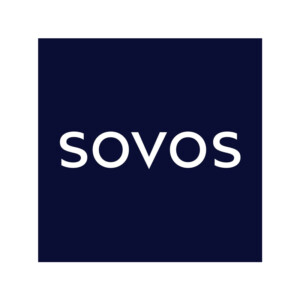


 Trista Miller
Trista Miller




























